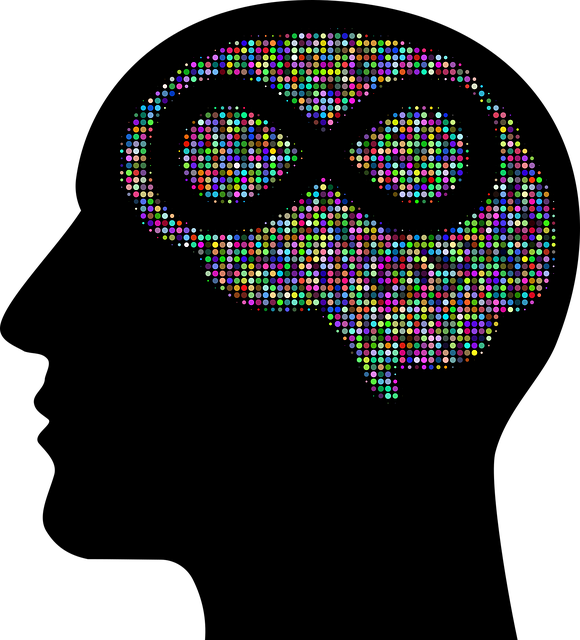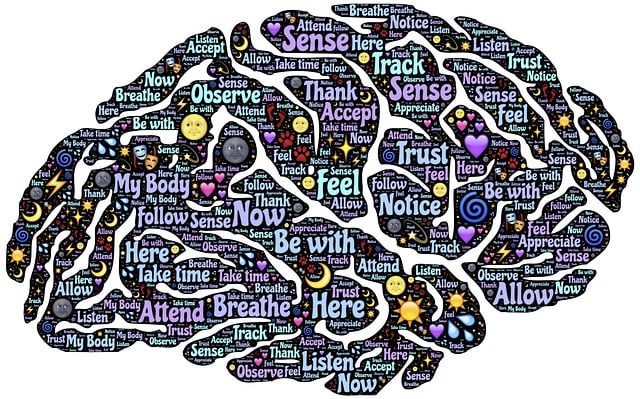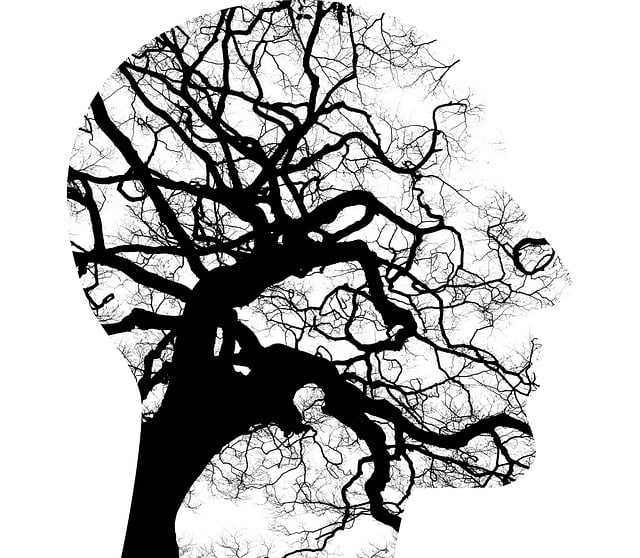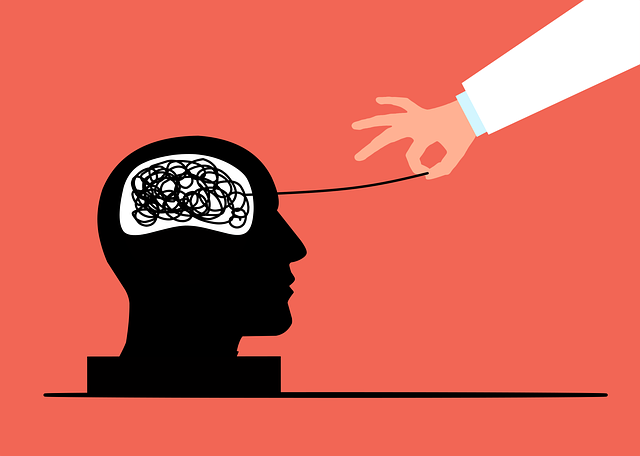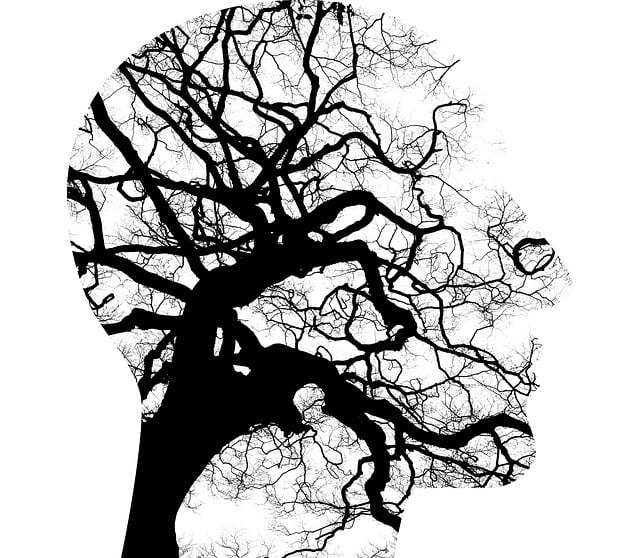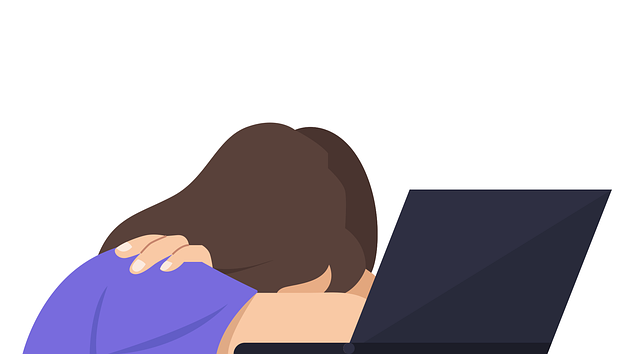The text emphasizes the growing need for mental wellness apps tailored to children with chronic pain, addressing a critical gap in treatment. These apps aim to combat stigma, offer accessible support, and facilitate open communication between parents, caregivers, and professionals. Through interactive tools, they teach coping strategies and emotional regulation skills, empowering young users to manage their chronic pain and associated mental health challenges. Effective apps include personalized therapy sessions, engaging activities, self-care routine development, meditation, mindfulness, stress management, mood tracking, peer support, and data aggregation for policy analysis. Successful marketing strategies involve parent-centric platforms, medical professional collaboration, targeted social media campaigns, free trials, positive reviews, and school/community partnerships to enhance accessibility.
In today’s digital age, mental wellness app development is crucial in addressing the growing need for accessible therapy. This article explores how mobile applications can revolutionize mental health support for children, particularly those suffering from chronic pain. We delve into designing therapeutic experiences tailored for young minds, highlighting key features and functionality essential for effectiveness. Additionally, marketing and distribution strategies are discussed to ensure these innovative tools reach their intended audience, offering much-needed relief for kids facing chronic pain.
- Understanding the Need for Mental Wellness Apps for Children
- Designing Therapy for Young Children with Chronic Pain
- Key Features and Functionality of Effective Mental Wellness Apps
- Marketing and Distribution Strategies for Child-Focused Mental Health Apps
Understanding the Need for Mental Wellness Apps for Children

The need for mental wellness apps specifically tailored for children is increasingly evident, especially when addressing chronic pain and its associated challenges. Young minds are susceptible to various mental health issues, from anxiety and depression to more complex conditions, often left undiagnosed or untreated due to the stigma surrounding mental illness. Therapy for young children with chronic pain requires a unique approach that takes into account their developmental stage and individual needs.
Mental wellness apps can play a pivotal role in reducing the stigma associated with seeking help. By providing interactive tools and resources, these applications offer accessible and discreet support. They can foster open communication between parents, caregivers, and professionals, enabling effective trauma support services. Furthermore, they teach valuable coping strategies and emotional regulation skills, enhancing children’s ability to manage chronic pain and its impact on their mental well-being.
Designing Therapy for Young Children with Chronic Pain

Designing therapy for young children experiencing chronic pain requires a specialized and sensitive approach. The primary goal is to create engaging and age-appropriate interventions that cater to their unique needs, as young minds are still developing coping mechanisms and emotional intelligence. Incorporating interactive elements and gamification techniques in therapy sessions can make the process more appealing and effective for this demographic.
Effective communication strategies, tailored to their level of understanding, are essential. Visual aids, stories, and creative activities can facilitate open dialogue about pain management. Additionally, integrating stress reduction methods, such as mindfulness exercises or gentle yoga, can help children develop self-regulation skills. Mental health education programs designed specifically for young patients with chronic conditions empower them to understand their condition better and actively participate in their treatment.
Key Features and Functionality of Effective Mental Wellness Apps

Effective mental wellness apps are designed to offer a range of features that cater to diverse user needs. Key functionalities include personalized therapy sessions tailored for young children struggling with chronic pain, allowing them to engage in interactive and engaging activities that promote emotional well-being. Many successful apps also incorporate self-care routine development tools, enabling users to create and track daily practices that contribute to better mental health. Additionally, some platforms offer meditation and mindfulness exercises, stress management techniques, and even features for tracking mood and symptoms over time.
Beyond therapy and self-care, these applications can facilitate peer support through online communities or chat forums, fostering a sense of belonging and connection among users. Mental health policy analysis and advocacy are also supported through aggregated user data, which can highlight trends and inform improvements in mental health services. Burnout prevention is another critical aspect addressed by apps that provide regular check-ins, reminders to take breaks, and resources for setting healthy boundaries.
Marketing and Distribution Strategies for Child-Focused Mental Health Apps

Marketing and distribution strategies for child-focused mental health apps are crucial to ensure their reach and impact. With an increasing awareness of the importance of mental wellness in children, parents and caregivers are actively seeking digital solutions like therapy for young children with chronic pain. Apps that offer social skills training, mental wellness journaling exercises, or stress management techniques can be particularly appealing.
To effectively market these apps, developers should leverage parent-focused online platforms, collaborate with pediatricians and child psychologists to gain credibility, and utilize targeted social media campaigns. Offering free trials or demo versions can attract users, while positive reviews from satisfied parents will further enhance the app’s reputation. Distribution through reputable app stores and partnerships with schools or community centers will also contribute to wider adoption, ensuring that these valuable tools reach the children who need them most.
Mental wellness apps have the potential to revolutionize therapy for young children experiencing chronic pain by offering accessible, engaging, and personalized support. By incorporating evidence-based practices and interactive features, developers can create tools that enhance traditional treatments. Effective marketing strategies targeted at parents and healthcare professionals are crucial for increasing awareness and adoption of these apps. With continued innovation and research, mental wellness apps have the capacity to improve outcomes and bring solace to children navigating chronic pain journeys.

